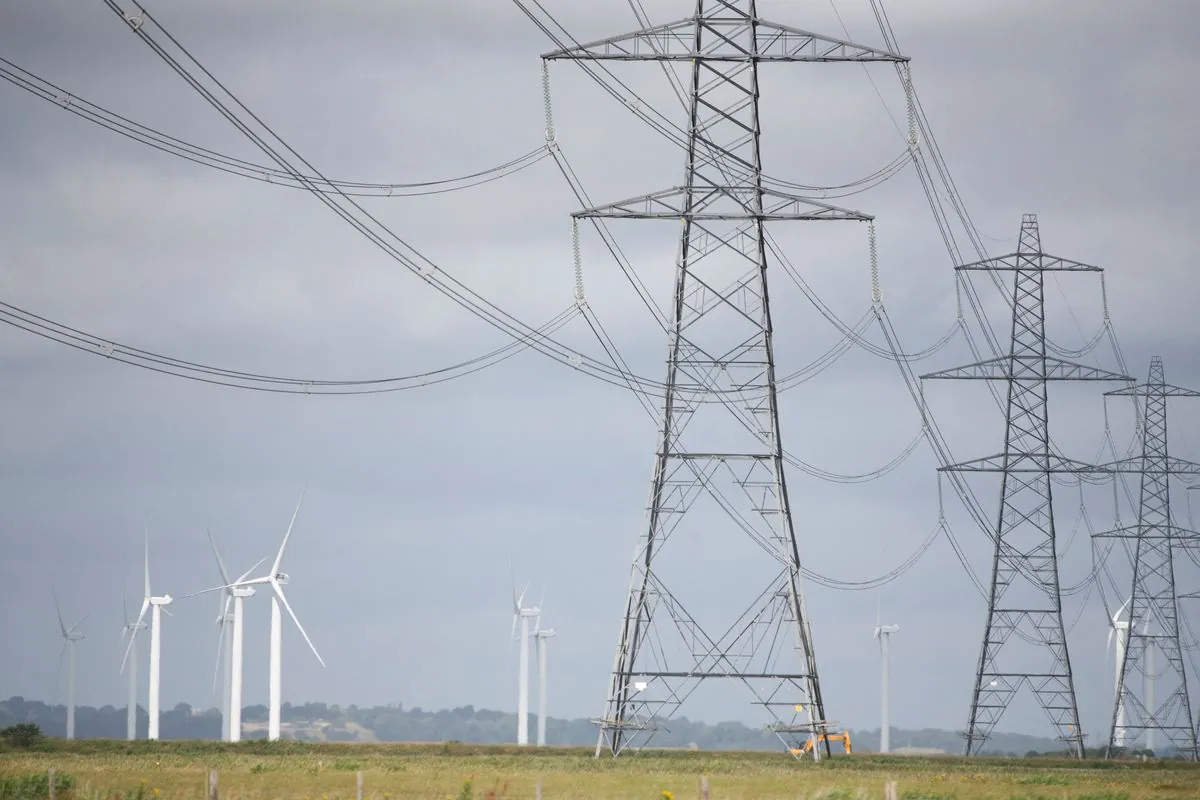UK Energy Policy: Promises of Lower Bills Clash with Rising Costs
Labour's pledges for cheaper energy face scrutiny as bills rise 10%. Government decisions and decarbonization goals contribute to higher costs, impacting various sectors and inflation.

The Labour Party's long-standing assurances of reduced energy costs through green infrastructure and a state-owned energy company are facing significant challenges. Recent developments have cast doubt on these promises, as consumers brace for a 10% increase in energy bills.
Ed Miliband, the Energy Secretary, swiftly attributed the price hike to the previous government's "toxic legacy." However, this deflection of responsibility has been met with skepticism. The UK government's energy policies, including the ban on new North Sea developments and the imposition of windfall taxes, have contributed to rising costs.

The UK's ambitious net zero targets, among the most stringent in the developed world, are driving policy decisions that may lead to higher energy prices. While the government has lifted the ban on onshore wind projects and is promoting solar energy, these renewable sources face challenges such as intermittency and substantial capital and maintenance costs.
"The announcement from Ofgem will be worrying news for families across the country. The expected rise in the price cap is yet another consequence of the toxic legacy left by the previous government."
Critics argue that some policymakers view higher energy costs as a means to reduce consumption. This approach aims to discourage frequent air travel, limit personal vehicle use, and promote home insulation. However, these policies have far-reaching consequences.
The impact of expensive energy extends beyond household budgets. UK manufacturers face some of the highest commercial energy costs globally, affecting their competitiveness. Higher energy prices also contribute to inflation, potentially delaying interest rate reductions by the Bank of England and prolonging elevated mortgage costs.
As winter approaches, concerns about heating costs are mounting, particularly for vulnerable groups such as pensioners who have seen reductions in the winter fuel allowance. The contrast between North American energy costs, which are less than half those in Europe due to the shale oil boom, and the UK's situation is stark.
The debate surrounding UK energy policy highlights the complex balance between decarbonization goals and affordable energy. As the country pursues its net zero targets, transparency about the potential costs and long-term benefits of these policies will be crucial for public understanding and support.


































